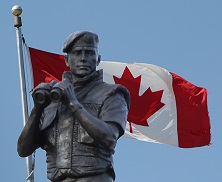True and Fascinating Canadian History
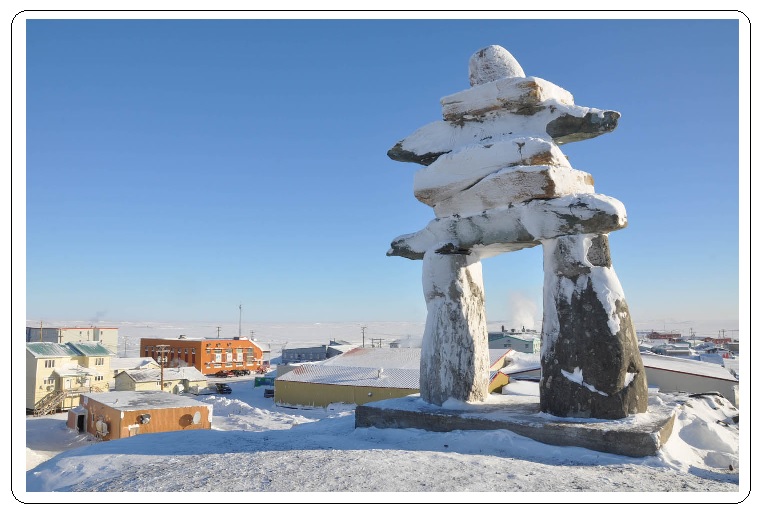
Vet of the Month: October, 2020
Reg.#19103, Staff Sergeant James Alexander Armstrong
and J. J. (Joe) Healy, RCMP Vets Ottawa, ON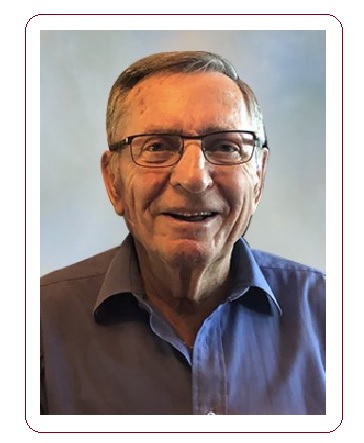
A vote of thanks goes out to my 'ole friend Regina RCMP Veteran George Bliss for this story. Years ago, George met Staff Sergeant Jim Armstrong in Nunavut and they struck up a friendship. Jim often told George the story about how his convoluted transfer from British Columbia to Nunavut came about. Jim considered his transfer to Nunavut unusually complicated, lengthy, and time consuming and a story which he loved to repeat. Jim entitled his story the "Long Transfer" -- it had more legs than a Calgary caterpillar. For the sake of brevity, Jim's story has been trimmed down.
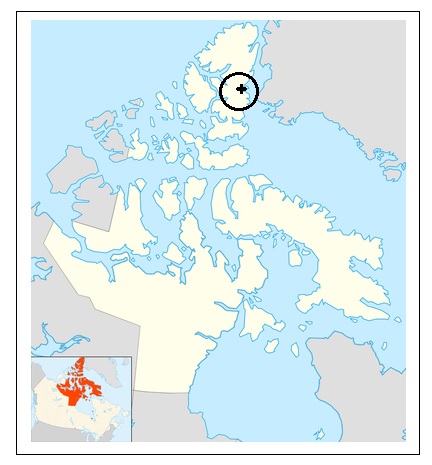
Jim Armstrong's "Long Transfer" began in 1956. He graduated from RCMP Basic Recruit Training in Ottawa in June 1956 and then he was posted to Cloverdale on BC's Lower Mainland. Soon, Jim met Senior Constable Don Berkey who had recently been transferred to Cloverdale from Yellowknife. Don was selected as Jim's Field Trainer and during their long hours together Jim was spellbound by Don's fascinating stories about the RCMP and policing Canada's North. Jim was mesmerized, and his life was forever changed. He itched to see Canada's north, so he decided to apply to the RCMP for a northern posting,
Jim's transfer to Alexandra Fiord in Canada's Arctic was announced in May, 1958. Located about half way up the east coast of Ellesmere Island and approximately 700 miles from the North Pole, Alexandra Fiord was the RCMP's most northern Detachment.
The first leg of Jim's transfer from BC to Canada's Arctic began when he hopped a train to Edmonton. Here, Jim underwent a two week northern Familiarization Course. He and a small group of other RCMP members were provided a very basic overview of emergency medical procedures; inoculations, how to pull teeth and how to deliver babies. Jim quickly realized the responsibility he was given -- in those days RCMP constables who were stationed in the north wore many hats; doctor, nurse, dentist, pastor, census taker, mail delivery person as well as chief police officer.

In Edmonton, Jim also met Chief Superintendent Henry Larsen, the Commanding Officer (CO) of Nunavut. Years earlier, Chief Superintendent Larsen had been the famed world navigator on the RCMP patrol vessel the St. Roch. The CO informed Jim that he would be one of the two RCMP members stationed at Alexandra Fiord Detachment but they would be assisted by two Inuit Special Constables. Jim also learned that no vacation would be approved during his two years at Alexandra Fiord. The no vacation policy was somewhat of a mild shock to Jim, and he wondered whether or not he had made a wise choice by offering to go north?
After two weeks in Edmonton, Jim took the train to Dauphin, MB for a brief holiday with his parents. His holiday was followed by another train trip to Ottawa, ON. where he was paired up for two weeks with another RCMP who had recently been transferred from Alexandra Fiord Detachment to Ottawa. The time in Ottawa gave Jim a good insight into the culture of the Inuit; their family, hunting skills of the Inuit, their rituals and religious ceremonies.

On July 4, 1958, Jim was driven by car to the docks in Montreal where he boarded the Canadian Coast Guard Ship the 'Labrador'. Jim was joined by Constable Terry Kushniruk and the two RCMP settled in and prepared for the northern cruise. The following morning, the Labrador sailed out of Montreal and arrived in Quebec City. It was the last time that Jim would see city bright lights for three years.
On July 6th, the Labrador sailed out of Quebec City, then down the St. Lawrence River, through the Gulf of St. Lawrence, the Strait of Belle Isle and then into the Atlantic Ocean and northward. Jim felt butterflies in his stomach and he began to think whether or not he was sufficiently prepared for the greatest adventure of his life. Jim was not a sailor, and the Labrador rolled like a log in the ocean waves for a few days. Jim felt his face turning from white to grey and then to green.
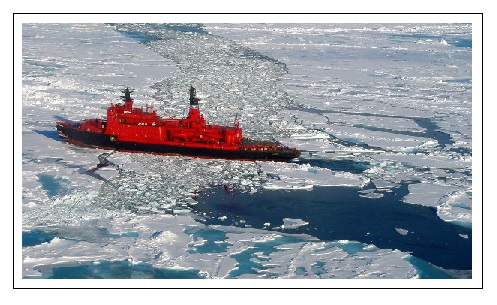
The Labrador proceeded northward to the Hudson Strait. The ship spent two and a half weeks patrolling and breaking up larger ice pans in the Strait in order for grain ships to gain passage through to Hudson Bay and subsequently to Churchill, MB. Upon completion of breaking up the ice, the Labrador once again headed north along the east coast of Baffin Island and onward to Pond Inlet. Here Constable Kushniruk disembarked. The Labrador continued northward into Davis Strait. Jim recalled seeing hundreds of large ice pans and icebergs in Davis Strait, Smith Sound and in Buchanan Bay before he finally arrived on the final leg of his transfer to Alexandra Fiord. It was August 10, 1958. Jim first set his eyes on the RCMP Detachment which became his home for the next two years.
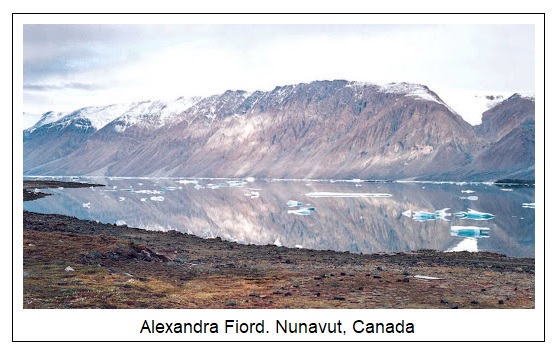
Upon his arrival at Alexandra Fiord, Jim met Constable Peter Sims who was to be his partner for the next couple years. Jim and Peter immediately got to work and unloaded all their supplies off the Labrador for themselves and the Detachment.
After a few hours, the Labrador then pointed its bow southward. It was the last that Jim saw the ship's crew until it returned again the following summer. As the Labrador disappeared around a point of land, Jim said he had a big lump in his throat and the silence around him was unsettling. Jim remained at Alexander Fiord until August, 1961 when he was transferred to Whitehorse Detachment in the Yukon.
Jim estimated that the distance of his transfer from Cloverdale Detachment to Alexandra Fiord Detachment to be approximately 12,400 km, (4,900 km by car and train and 7,500 km by ship) and it also took him almost 3 months to arrive at Alexander Fiord. Jim was convinced that it was the longest transfer of any RCMP whom he knew.
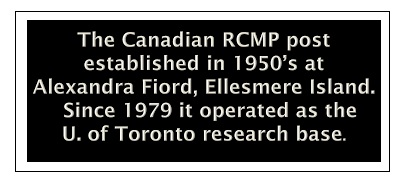
Jim Armstrong spent a long and honourable career in the Force. He was awarded the RCMP Long Service Medal (LSM) in 1975, and he retired in 1979 as the RCMP In Charge of Yellowknife Detachment. Jim made hundreds of friends throughout his long career in Canada's north -- he was a true and professional police officer.
Jim passed away on September 21, 2020 in Calgary, AB. He was 84.
Reporting from Fort Healy,
J. J. Healy
October 23, 2020

